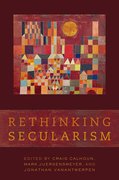Nadir Shah enters Delhi and captures the Peacock Throne
This Day in World History
On March 21, 1739, Nadir Shah, leading Persian (Iranian) and Turkish forces, completed his conquest of the Mughal Empire by capturing Delhi, India, its capital. He seized vast stores of wealth, and among the prizes he carried away was the fabled Peacock Throne.









